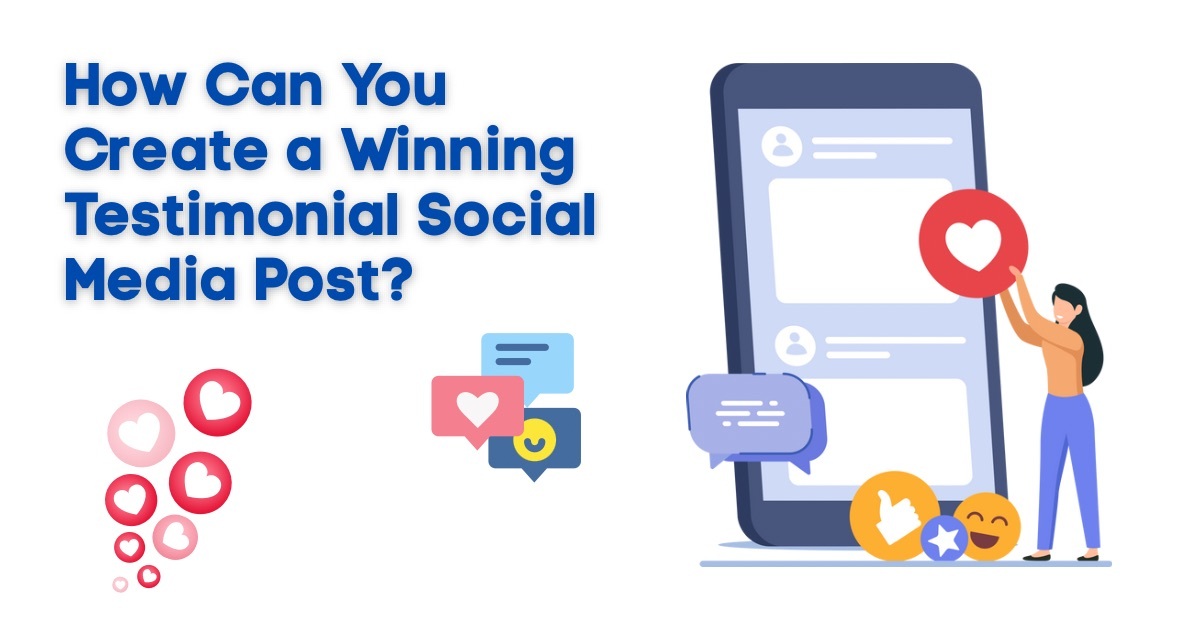The SaaSpirin Blog
Topics:
Testimonial
Topics:
Marketing
What Are the Best Solutions for Sales-Ready Case Study Videos?
By Nicolas Jacobeus on December 30, 2026

Topics:
Case studies
Social Proof Examples That Push Visitors From Browsing to Buying
By Nicolas Jacobeus on December 30, 2026

Topics:
Marketing
Can Internal Marketing Turn Employees Into Advocates in 2026?
By Nicolas Jacobeus on December 29, 2026

Topics:
Marketing
11 Best Boast.io Alternatives For Testimonial Marketing in 2026
By Nicolas Jacobeus on December 16, 2025

Topics:
Testimonial
Topics:
Marketing
How Can You Create a Winning Testimonial Social Media Post?
By Nicolas Jacobeus on December 15, 2025

Topics:
Testimonial
Topics:
Testimonial
What Are the Most Powerful Word-of-Mouth Marketing Examples?
By Nicolas Jacobeus on December 12, 2025

Topics:
Marketing
- December 2025 (10)
- November 2025 (12)
- October 2025 (4)
- September 2025 (11)
- August 2025 (1)
- July 2025 (2)
- June 2025 (1)
- May 2025 (1)
- April 2025 (1)
- March 2025 (2)
- January 2025 (1)
- November 2024 (3)
- October 2024 (2)
- September 2024 (1)
- July 2024 (1)
- February 2024 (4)
- January 2024 (2)
- December 2023 (1)
- November 2023 (3)
- May 2023 (1)
- February 2023 (3)
- January 2023 (3)
- December 2022 (1)
- December 2021 (2)
- November 2021 (4)
- October 2021 (3)
- September 2021 (4)
- August 2021 (3)
- July 2021 (5)
- June 2021 (1)
- May 2021 (1)
- March 2021 (1)
- February 2021 (1)
- January 2021 (1)
- December 2020 (1)
- November 2020 (1)
- October 2020 (2)
- September 2020 (2)
- August 2020 (1)
- July 2020 (2)
- June 2020 (1)
Learn about the SaaSpirin regimen
We’re a full-service video case study creation team that seamlessly transforms your customer successes into polished, high-impact stories.
.png)



